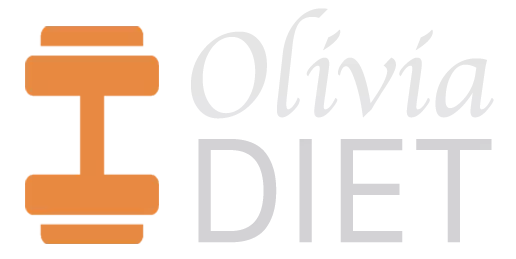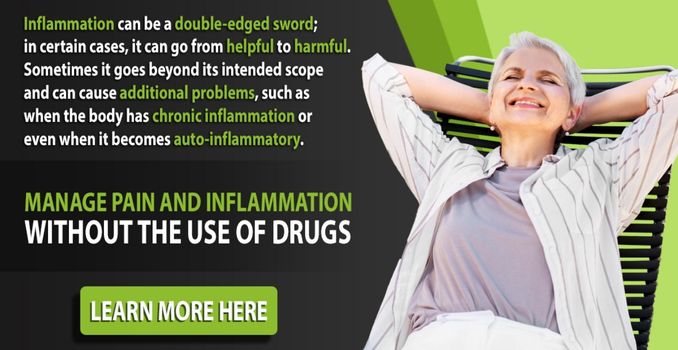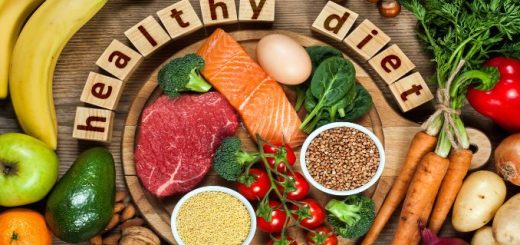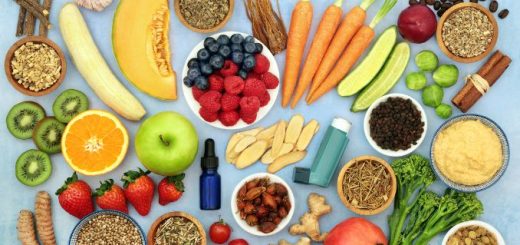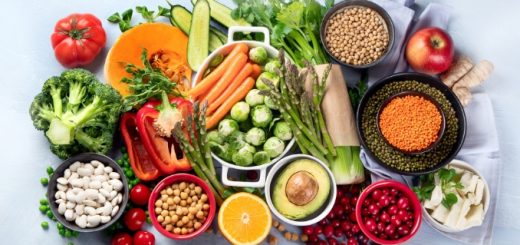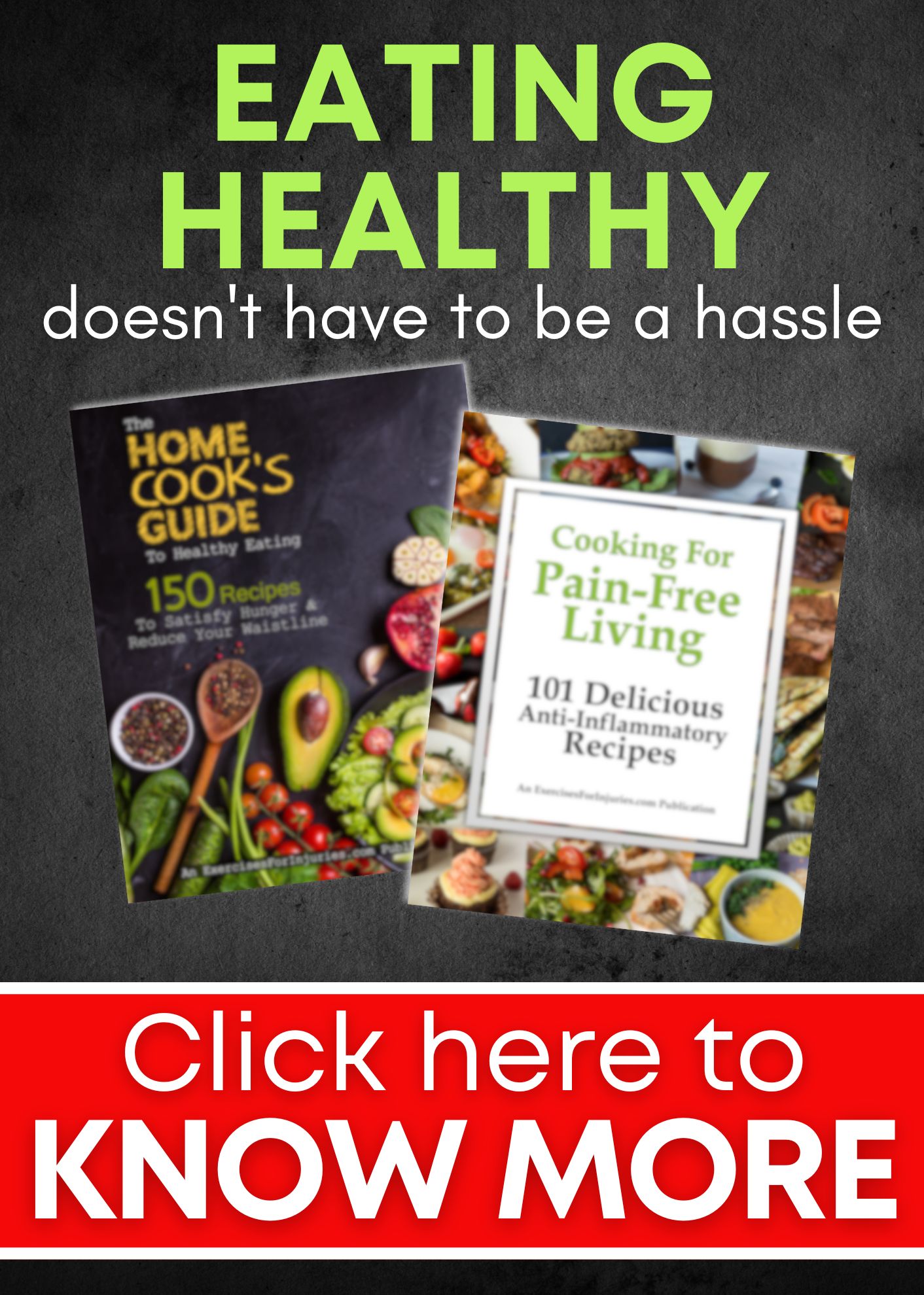Discover the Anti-Anxiety Diet: Eat Your Way to a More Balanced Mind

Last updated on July 25th, 2025 at 08:46 pm
Fall and winter can be especially tough when you’re struggling with anxiety or depression. The darker days, colder weather, and holiday stress all collide—amplifying feelings of overwhelm, sadness, or fatigue.
But here’s the good news: You have more power than you think.
Along with getting proper support from your doctor, small daily choices—like what you eat—can help support your mental wellness [1]. And one of the most overlooked tools? An anti-anxiety diet. What you put on your plate affects how you feel in your body and in your brain.
In this guide, we break down the top foods that support emotional resilience—and the ones to avoid.
Start with Awareness
We all react to food differently. That’s why a helpful first step in shaping your anti-anxiety diet is to start a food journal.
Track everything you eat for a week—note the time of day, and any physical or emotional symptoms that follow. Include things like bloating, headaches, low energy, or mood dips.
By doing this, patterns may emerge that reveal how your nutrition could be impacting your mood. It’s often eye-opening and empowering.
To help you get started, here are some foods that studies have shown can affect anxiety and depression.
Foods to Add to Your Anti-Anxiety Diet
1. Folate & B-Vitamin–Rich Foods

Many people don’t get enough folate, a B vitamin mostly found in leafy greens like:
- Spinach
- Kale
- Bok choy
- Mustard greens
Folate deficiencies have been linked to depression, so increasing your intake is a smart move. While supplements are available, always talk to your doctor first—and choose active folate, not folic acid.
2. Vitamin D–Rich Foods

Low levels of vitamin D have been associated with seasonal affective disorder and depression.
While sunlight helps, in the colder months you can support your levels by eating:
- Salmon
- Egg yolks
- Mushrooms
- Cod liver oil
- Fatty fish like sardines, herring, and tuna
3. Lean Proteins

Protein isn’t just for muscle—it’s also key for mental health.
The body uses tryptophan, a protein building block, to make serotonin (your brain’s feel-good chemical). A protein deficiency can disturb this process and negatively affect mood.
Focus on lean, high-quality protein sources to support both your body and mind.
Foods to Avoid (or Greatly Limit)
Often, the bigger challenge isn’t what to eat—but what to stay away from.
Many foods can increase chronic inflammation [2], which is a known contributor to anxiety and depression.
“There is growing evidence that the foods we eat profoundly affect our mood and mental health.”
—Dr. Drew Ramsey, MD, psychiatrist and author of Eat to Beat Depression and Anxiety**
Here’s what to watch for:
1. Food Dyes

They’re everywhere—cheeses, cereals, snack bars, even vanilla ice cream.
Food dyes can worsen toxic burden and trigger unpredictable reactions in the body. Best to avoid them whenever possible.
2. Dairy

While dairy provides calcium, it can also trigger inflammation in many people.
Reducing or removing dairy may lead to noticeable improvements in anxiety or depressive symptoms [3]. Try getting your calcium through leafy greens instead.
3. Grains (Especially Gluten)

Some grains—especially those containing gluten—may contribute to inflammation and disrupt mental clarity or emotional balance.
Going gluten-free temporarily can help you determine if grains are affecting your mood or energy. Many report feeling “lighter,” more clear-headed, and emotionally more stable after cutting them out.
4. Sugar

Sugar is the #1 food to avoid if you're serious about reducing inflammation.
- It adds empty calories and can spike and crash your mood. And it’s often hidden in pre-made, convenient foods that are tempting when energy is low.
- If you're struggling to cook, consider:
- Weekly meal planning
- A healthy meal delivery service
Choosing grocery store meals with low added sugars and sodium
To be clear: we’re talking about added sugar—natural sugars in fruit are totally fine and actually encouraged.
The Gut-Brain Connection
What you eat doesn’t just affect your waistline—it affects your brain chemistry.
Your gut is home to billions of bacteria that influence mental health through what’s known as the gut-brain connection. Ever felt “sick to your stomach” before a big event? Or had food cravings when you’re emotionally drained?
That’s the connection at work.
If you struggle with digestive issues, they could be playing a role in your emotional health. Speak with your doctor or a licensed nutritionist for support.
Final Thoughts
Food is powerful.
To support your emotional well-being, aim for a natural, whole-foods–based anti-anxiety diet, and avoid processed options high in sugar, sodium, and additives.
Pay attention to how your body and mood respond to specific foods. And remember: if you’re facing anxiety or depression, you're not alone.
Reach out to a healthcare provider, loved one, or trusted friend—and take one step at a time toward better mental wellness.
Discover the anti-anxiety diet that supports a calmer mind—then check out our Master Guide to Inflammation for even more ways to protect your body and brain!
FAQ's
1. What exactly is an anti-anxiety diet?
An anti-anxiety diet focuses on nutrient-rich whole foods that support brain function and reduce inflammation. It includes leafy greens, lean proteins, healthy fats (like omega-3s), fermented foods, and complex carbohydrates—while avoiding processed foods, added sugars, and artificial ingredients.
2. Can food really affect my mood that much?
Yes. Emerging research in nutritional psychiatry shows a strong link between diet and mental health. Nutrients like folate, vitamin D, magnesium, and omega-3 fatty acids play key roles in producing neurotransmitters like serotonin and dopamine, which regulate mood.
3. Do I need to give up sugar completely?
No—but you should minimize added sugars, which are often found in processed snacks, baked goods, and sugary drinks. Natural sugars in whole fruits are fine and even beneficial thanks to their fiber, vitamins, and antioxidants.
4. How quickly can I expect to see changes in my anxiety or mood?
Some people notice improvements within a few weeks, especially in energy, digestion, and sleep. Mood changes can take longer and vary by person, but consistency is key. Keeping a food and mood journal can help track progress.
5. Should I take supplements instead of changing my diet?
Whole foods should always be your first choice. Supplements can help in cases of specific deficiencies (like vitamin D or B12), but always consult your doctor or a registered dietitian before starting any new supplement regimen.
Rick Kaselj MS, is a leading kinesiologist and injury specialist as well as co-creator of the best-selling Unlock Your Hip Flexors program. Rick creates exercise programs that help people heal injuries and eliminate pain, so they can go back to living a full, active, healthy life.
